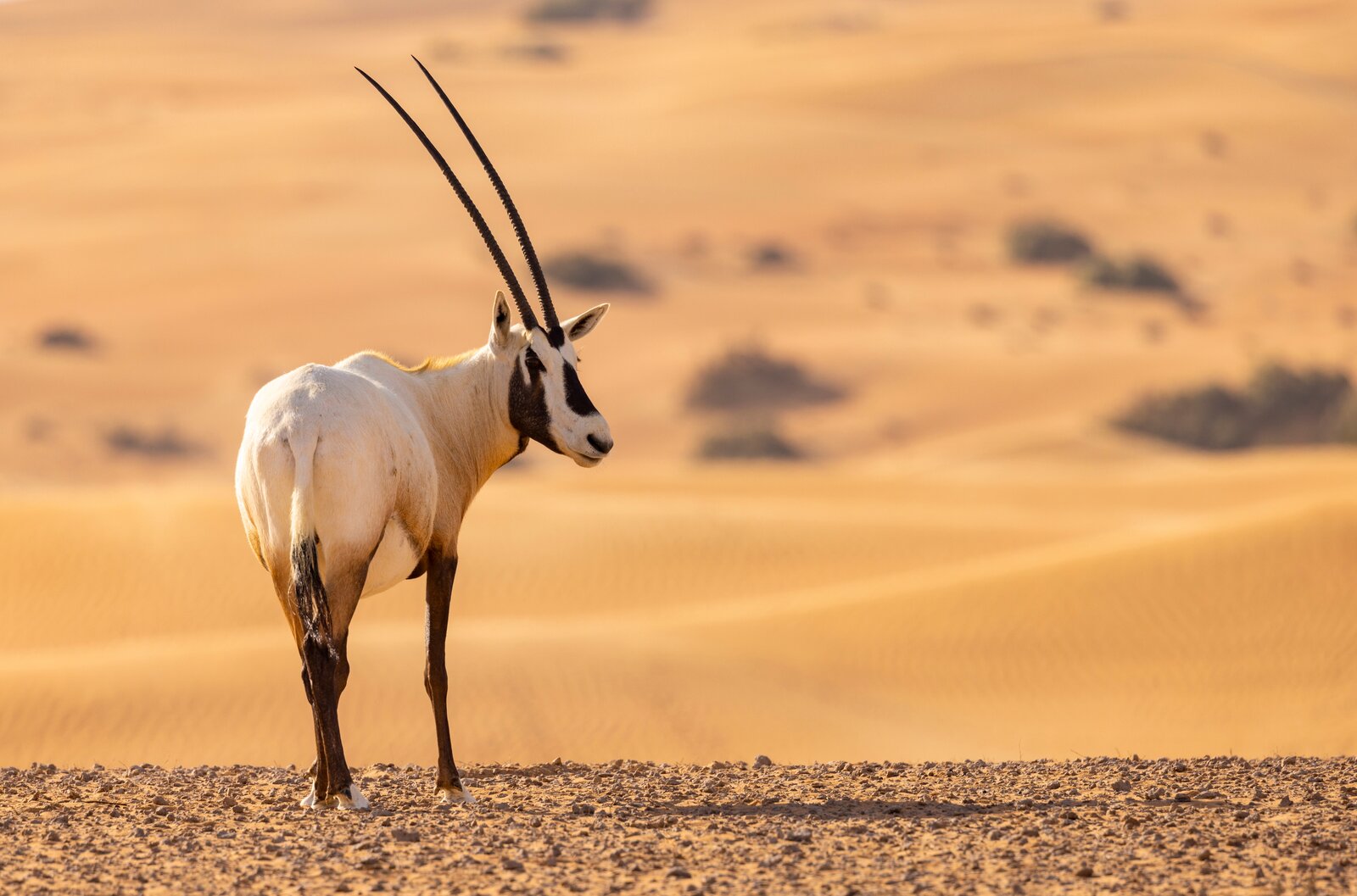In the wake of COP15 for biodiversity, a new environmental credit is making noise

Is there a new tool for carbon offsetting on the block? Carbon credits are newly on the radar in MENA this past year, with at least three markets launching or announcing their plans to launch carbon trading exchanges and Saudi’s PIF making its first big transaction. The ongoing debate over greenwashing in a world in which rules about standards and assurance are still taking shape is leading to the emergency of a very embryong rival (and potentially complementary) tool that companies could use to lower the cost of finance when they invest in projects that safeguard biodiversity in a more verifiable way. Its early days, but here’s the rundown:
REFRESHER- Carbon credits are permits allotted to companies and countries that put a cap on the overall greenhouse gasses they are allowed to generate. If they exceed their limits, they can purchase credits from counterparts who haven’t reached their carbon generation caps. Carbon markets facilitate the trade of carbon credits. Sellers can use proceeds to drive investment or fund operations, and buyers can use them to avoid paying carbon taxes.
First, let’s have a look at who has carbon market plans: Abu Dhabi-based sovereign wealth fund Mubadala Investment Company acquired a stake in Singapore-based carbon trading exchange AirCarbon Exchange (ACX) last month. Egypt also launched a carbon market fund that will invest as much as EGP 1 bn in low-carbon projects that issue carbon credits, and the country’s bourse plans to launch Africa’s first voluntary carbon market in mid-2023. Similarly, Saudi Arabia’s sovereign wealth fund set up a regional voluntary carbon market company in October, which auctioned 1.4 mn tons of carbon credits at Davos in the Desert.
The problem, in short: Offsets. Carbon credits can enable firms to claim they are offsetting their carbon emissions without actually mitigating the greenhouse gasses they emit. Biodiversity credits aim to give companies a reason to actually do good even as they do bad, if you want to be incredibly reductionist about it.
That’s where bio credits come in. Biodiversity credits, aka bio credits, are a way conservationist groups can monetize their biodiversity efforts and sell them as units to corporations looking to support preservation efforts, or meet their own sustainability targets. For biodiversity credits to work, they need to offer an alternative to biodiversity offsets. This alternative should not allow companies to damage nature in one part of the world, while compensating for the biodiversity loss elsewhere, according to a new UNDP report (pdf).
The key here? No “net” damage to biodiversity: Biodiversity offset schemes — which have proved ineffective in Canada, Australia, and on a global level — see corporations and countries promising to offset their environmental damage by restoring biodiversity elsewhere, Bloomberg notes. Biodiversity credit schemes, on the other hand, can be adapted to international biodiversity frameworks and plans, including the post-2020 Global Biodiversity Strategy and National Biodiversity Strategies and Action Plans. This would help verify that bio credit projects positively impact biodiversity efforts without resulting in the environmental losses of biodiversity offset schemes, the report’s authors say.
And it’s getting support: The United Nations Development Programme (UNDP) is backing biodiversity credits to boost conservation efforts, according to the UNDP. The UN Convention on Biological Diversity says the tool, if established correctly, can help plug the USD 700 bn financing gap needed per year to protect nature, according to the UN Global Framework for Managing Nature Through 2030.
But it’s not all that rosy: More than 100 nonprofit organizations and academics voiced their concern over UN support for bio credits, calling it a “false solution” that would enable companies to greenwash their businesses without yielding biodiversity gains. “Yet, just as […] carbon offset markets have been a documented failure, thereby contributing to our failure to mitigate climate change, financialising the destruction of biodiversity would most likely fail to address critical loss of biodiversity,” the organizations state.
Why should companies care about biodiversity loss? Flora and fauna provide businesses with the resources needed to uphold their operations. For instance, the reduced number of insects that pollinate crops could cause losses of USD 235-577 bn in global food production annually, the UN’s Food and Agriculture Organization writes. Half of global GDP — some USD 44 tn — is dependent to some degree on resources from the natural world, according to The World Economic Forum.
Banks and investors are increasingly backing biodiversity: Over 100 financial institutions representing nearly USD 17 tn have signed the Finance for Biodiversity Pledge since its launch in 2020 to reverse biodiversity loss by 2030. The pledge’s signatories “commit to protecting and restoring biodiversity through their finance activities and investments.”
MENA is also seeing the importance of biodiversity: Saudi Arabia earmarked USD 25 mn to protect endangered species as part of the county’s USD 186 bn Saudi Green Initiative (SGI) to restore 100 hectares of land for ecological rehabilitation projects in the Arabian Peninsula, we previously noted. Over in the UAE, Abu Dhabi Global Market pledged to plant 15k mangrove trees on Jubail Island, and Qatar is similarly enforcing policies that have led to a 5 sq km growth in its mangrove swamps, as we previously wrote. Mangroves produce oxygen, protect beaches from erosion, are important for the reproduction of several kinds of fish — and sequester many times more CO2 than most forests.